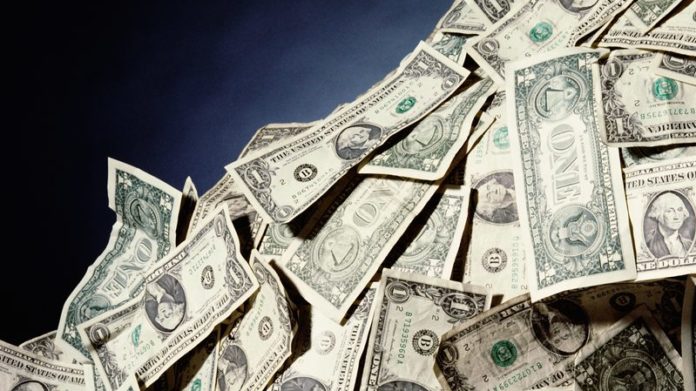
THARISA posted solid second quarter production numbers for both chrome and platinum group metals but net cash was heavily depleted quarter-on-quarter.
The group ended the second quarter with net cash of $70.6m, down from $94.9m at the close of the first quarter. Cash fell to $184.6m from $221.5m previously while debt fell to $114m from $126.6m.
This comes as the group said it was pressing ahead with plans to finance the Karo Platinum Project in Zimbabwe and comes amid – helpfully – a stabilisation in PGM prices.
Chrome output totalled 402,700 tons, less than 462,800 tons in the first quarter, but which was a good performance as previous quarter output represented a company record. PGM production totalled 35,500 ounces compared to 35,700 oz in the first quarter.
In terms of pricing, the PGM basket price – under pressure for most of last calendar year – came in at an average of $1,343/oz compared to $1,344/oz in the first quarter. Average metallurgical grade chrome concentrate prices held steady at $286/t.
Tharisa said the chrome market “remained robust with continued tight supply-demand fundamentals”. Chrome output by the major UG2 PGM producers has also further tightened. “We see continued strong demand by ferrochrome and downstream stainless steel producers in China and, while port stocks have risen marginally this calendar year, most of these stocks are already accounted for and the market remains tight,” the company said.
Commenting on Karo, Phoevos Pouroulis, CEO of Tharisa said its development continued “with smaller work”, matched to available capital, as the company progressed “on the road to procure the necessary third-party financing to deliver the first phase into production”.
In October, Tharisa delayed delivery of its $391m Karo project by a year to June 2025 owing to the deterioration in PGM prices. Pouroulis said previously the project would take Tharisa’s PGM production to about 400,000 ounces annually.
Tharisa was pressing ahead with a $5m share buy-back programme which it announced in March. In terms of the programme, shareholders will be offered no more than a 5% discount to the weighted average market price five days prior for their shares. The buy-back programme will run until February 21 next year.









